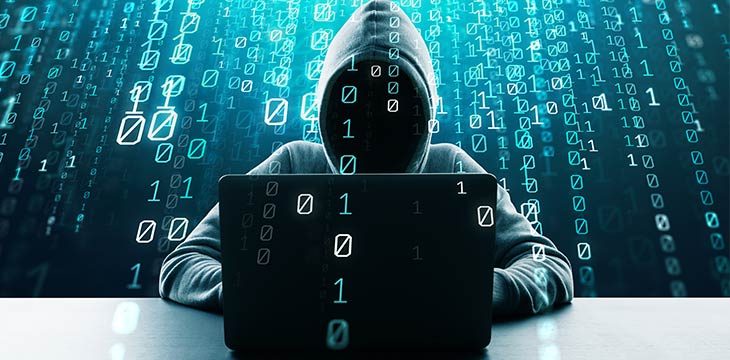|
Getting your Trinity Audio player ready...
|
The blight of scammers and hackers stealing cryptocurrencies continues to be a major issue for traders and exchanges alike, with the ever-present threat of losses for those dealing in the cryptocurrency.
Exchanges have a number of security measures designed to protect user accounts, including one-time passcodes and external authentication codes, which should block access to anyone other than the legitimate account owner. But now, one of the more robust security tools in the arsenal is under threat from fake photographic ID and verification images, according to reports emerging today.
As reported by Bank Info Security, so-called ‘Deep Fakes’ are already posing challenges for exchanges in verifying the identity of account holders, with the use of doctored verification photos rife.
While in some cases these photos show poorly shopped images with mismatched pixels and colors, others are altogether more convincing—some near impossible to detect as fake with the untrained eye.
Images are reportedly being bought and sold online for as little as $50, providing scammers with the identification documents they need to potentially fleece user accounts of all of their holdings.
Without the right technology and resources in place, there are fears exchanges will become increasingly powerless to detect fraudulent ID submissions.
ID verification is widely used for account recovery amongst exchanges, often in cases where individuals claim to be locked out of their account, with those having lost their phone amongst those likely to be asked for ID to regain access to their accounts.
However, with fake images easily available to buy online, and the quality improving all the time, it’s already becoming increasingly difficult for exchanges to keep up.
Alex Holden, of Hold Security, was quoted by the news outlet as saying that the problem exchanges face was that they have no baseline image to compare reset requests against. He noted, “Some companies have no ability to assert what their client looks like…They have to actually rely on this type of reset mechanism. How do you detect that there is something wrong with this picture?”
Cryptocurrency exchanges face the constant threat of crypto scammers and hackers, with those that do land successful heists capable of bringing down the entire businesses, as well as leaving customers out of pocket.

 03-05-2026
03-05-2026 




